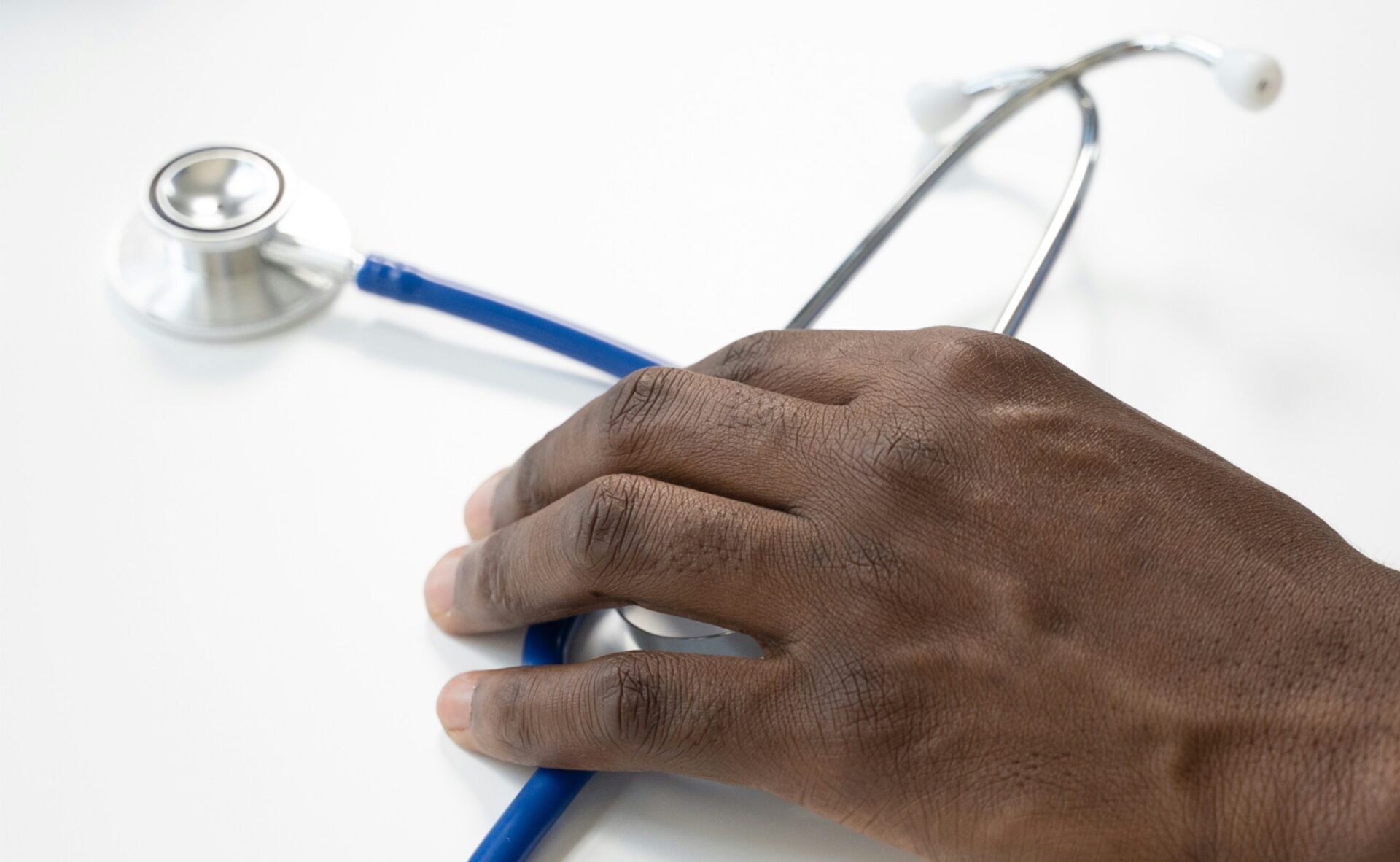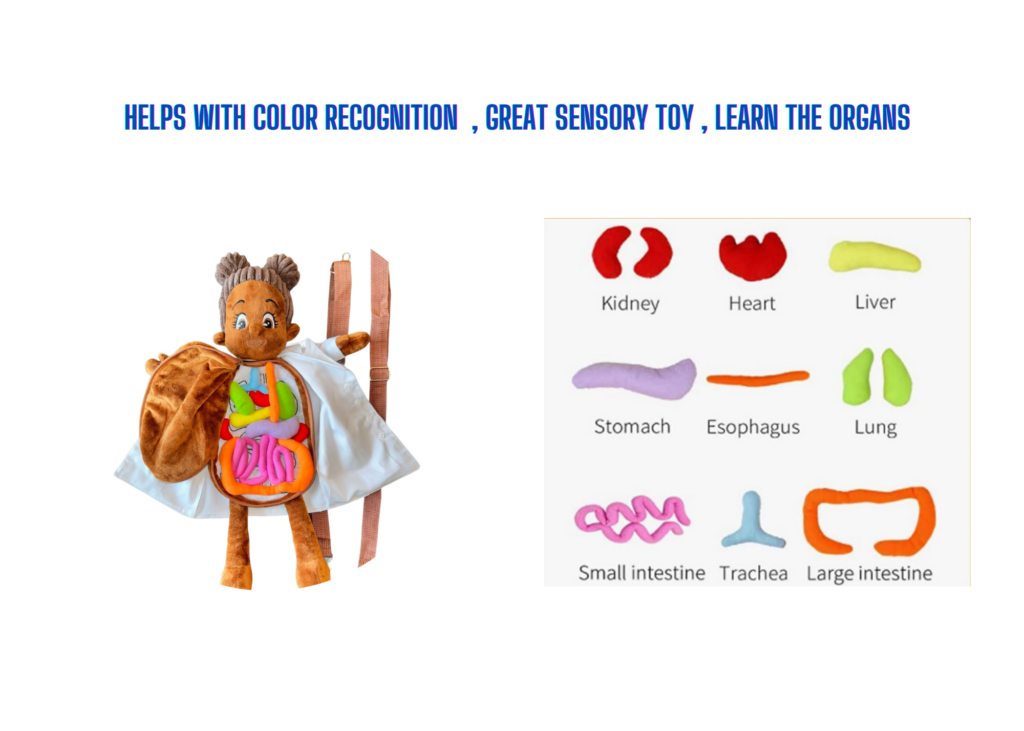
September 13, 2024
Dr. Maxine Owusu Explains Sobering Reality Of Black Women Disproportionately Being Affected By Sexually Transmitted Infections
According to a report from the University of Illinois Chicago, while Black women have fewer sex partners and are less likely to engage in unprotected sex, their chlamydia rates were five times those of white women, and gonorrhea rates were over eight times higher, according to CDC data for 2018.
Black women are disproportionately impacted by sexually transmitted infections in the United States.
According to a report from the University of Illinois Chicago, while Black women have fewer sex partners and are less likely to engage in unprotected sex, their chlamydia rates were five times those of white women, and gonorrhea rates were over eight times higher, according to CDC data for 2018.
“Being in the emergency room, I noticed that a lot of people I was caring for were Black women, and I would, unfortunately, see a lot of sexually transmitted diseases,” Dr. Maxine Owusu, who works in emergency hospitals across Atlanta, tells Black Enterprise. “I realized after having conversations with them is that the underlying issue, especially among young Black women, is miseducation and also not having that access to a gynecologist.”
Dr. Owusu believes Black women are disproportionately affected by STDs because there’s a significant gap when it comes to health education and access. She also says there’s institutionalized racism in medicine and healthcare, and Black people don’t feel safe being seen by the medical system.
“They feel, perhaps, that they’re not going to be listened to or they’re not going to be advocated for so many times, they will try and deal with the issue on their own,” she says. “[Also,] maybe they can’t find enough Black physicians. If a patient has an encounter with somebody who may not be Black, and it was a bad encounter, they may not go seek anyone else or a different opinion.”
Even though Owusu is a physician herself, she had negative encounters with healthcare professionals after delivering her children. She recalls having postpartum issues and trying to bring them to the attention of her care team and, in some instances, dealing with a delay in care. Luckily, her sister is a midwife, and she can text her. However, she understands not everyone can readily access care like in her situation, but she wants Black women to make sure they’re choosing a culturally competent care team.
“Even if you have a Black physician or provider that you’re comfortable with, let’s say the nurse or the tech isn’t culturally competent. For example, if you’re having pain and you complain about it, if they don’t take you seriously, then they won’t escalate the issue to the provider, which can cause a delay in care,” she says.
Working To Close The Gap With Health Disparities and Black Physicians
Dr. Owusu’s experience in the emergency room is why she is working to close the health disparity gap for Black women. During each encounter with patients, she also provides resources on free clinics and stresses the importance of screenings.
She works with her church, Manifest Church in Atlanta, to provide health screenings and health fairs.
“I think it’s very important to make our community more comfortable,” says Dr. Owusu. “We make them feel understood and that they’re not being judged, right, for their experiences. It’s important to do this because there are so many complications from sexually transmitted diseases. When it’s untreated, it can lead to infertility. Many women don’t know that.”
She adds, “If we don’t take care of it now and we don’t understand preventative practices, it will lead to more complications down the line and affect our lives and quality of life.”
Dr. Owusu is also trying to inspire the next generation of Black physicians. She provides mentorship for aspiring doctors, has launched a set of anatomy toys, and authored a book for children titled, “Curious Rosie: A Trip to the Hospital.”

“By starting to have these conversations at a younger age and introducing medical topics within science and making it fun, I think more kids will grow up to be more aware,” says Dr. Owusu. “They won’t be afraid of going to the doctor, and it will make it a fun experience so they know it’s important to see a primary care doctor by the time they’re older.”